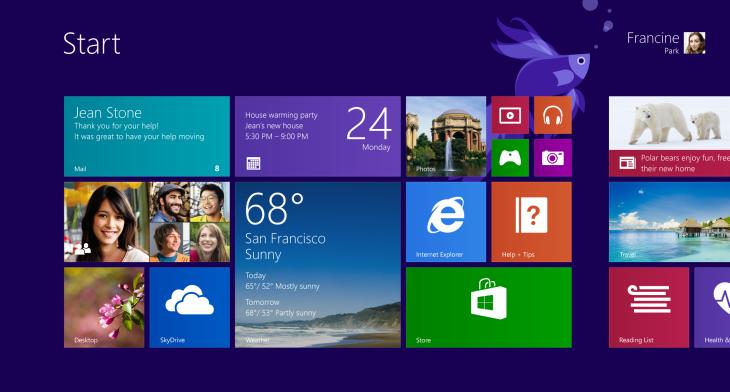Microsoft is doing the most obvious thing to push Windows 10 further in the computing world Microsoft has announced that it is ending the life of Windows 7 and Windows 8. Microsoft is announcing ‘End of sales’ for two crucial Windows versions in the history of the software giant. With Windows 7, Microsoft regained the trust lost with Windows Vista but failed to convince the users to upgrade to “touch-friendly” Windows 8.
Microsoft explains the move as: “End of sales refers to the date when a particular version of Windows is no longer shipped to retailers or Original Equipment Manufacturers (OEMs). Examples of OEMS are Dell and Toshiba—PC manufacturers who often preinstall Windows software.” The move basically means that PCs wont be shipped with Windows 7 and Windows 8.1 preinstalled and Microsoft has already stopped selling both the versions via retail packaging.
The move would help Microsoft push Windows 10 further in the ever competitive PC market. PC sales have declined for nearly eight continuous quarters and with growing penetration of mobile devices, PC sales don’t seem to turn positive anytime soon. Microsoft currently has over 400 devices, running Windows 10 and with more PCs shipping with Windows 10 out-of-the-box, the count should help Microsoft reach the eventual goal of 1 billion Windows 10 devices.
Windows 7 arrived as a saving grace for Microsoft after its debacle with Vista. Microsoft saw enterprises easily upgrading to Windows 7 from XP and Windows 7 itself was available on sale for nearly seven years. Windows 8 and Windows 8.1 stayed on the shelves for just four years, which proves the outcome of the OS.
However, for those already running Windows 7 and Windows 8.1 on their PCs, worry not. Microsoft plans to continue support for Windows 7 and Windows 8.1 until January 2020 and 2023 respectively. Windows 10 upgrades have stagnated since the end of free update in July and this particular move should help the new OS reach more potential customers.

